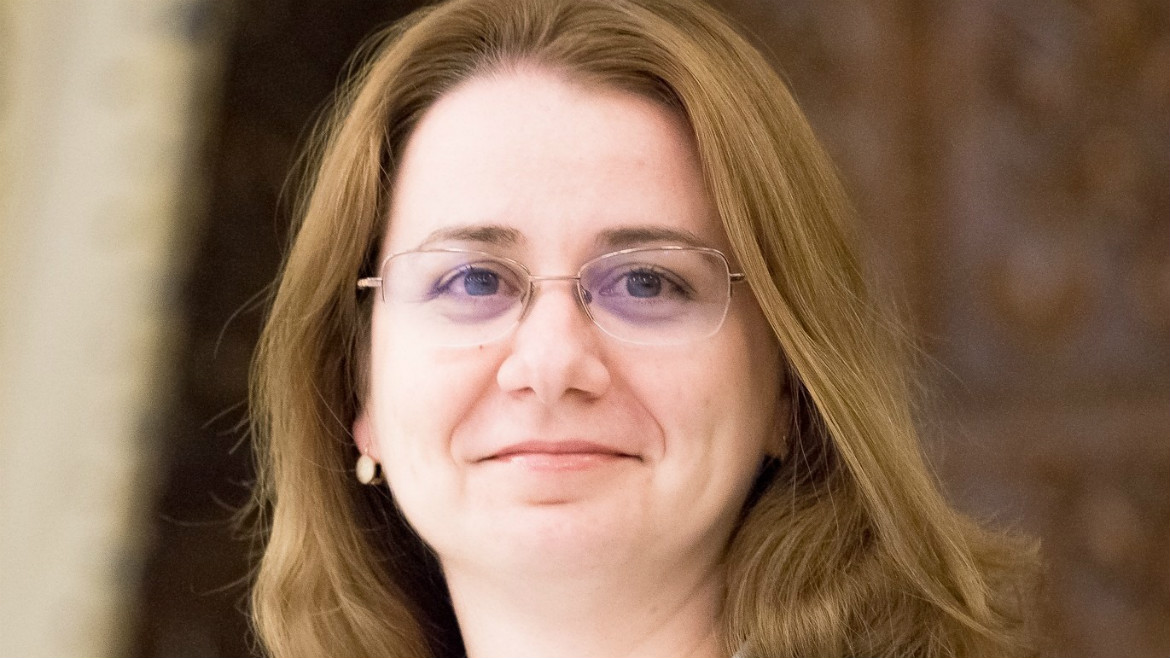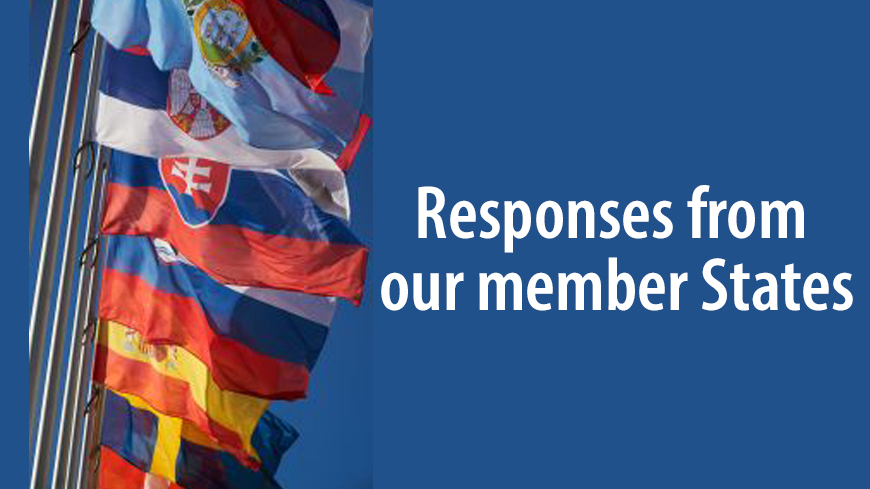Interview with Ligia Deca, Presidential Advisor to the President of Romania, Department of Education and Research

Prior to that, between 2010 and 2012 she was head of the Bologna Secretariat, coordinating the 2012 Bucharest conference of the Ministers of education from the European Higher Education Area countries. Between 2012 and 2015, she was an expert with the Executive Agency for Financing Higher Education and Research (UEFISCDI), as well as a lecturer on formation and educational inclusion at the West University of Timișoara (from 2014 to 2015).
From 2008 to 2010 Ligia was the president of the European Students Union. Ligia Deca holds a PhD in political science, awarded by the University of Luxemburg in 2016.
The COVID-19 crisis has proven to be more than a healthcare problem, as since March, it has had an impact on the economy, education and most parts of our lives. One of the perpetual problems faced by Romania is inequity in education, which may have increased due the pandemic. Romania thus faced the challenge of switching to online-learning and preparing to offer additional support to disadvantaged students, who were the most vulnerable to the impact of the pandemic. Cooperation between Ministers of Education and the good-practices shared by the Council of Europe have proven to be essential in coordinating efforts for overcoming the challenges everyone had to face this year, which included overcoming the wave of fake-news that spread simultaneously with the SARS-COV-2 virus.
Do you think that there will be changes in the education system of Romania as a result of the COVID-19 crisis? Could you highlight the most important ones?
The key challenge would be ensuring equity, which is already a problem in the Romanian context. Parents, private companies, NGOs invest considerable private resources in education, but families from lower socio-economic background struggle to do so. A key challenge will be to offer additional support to disadvantaged students, who will be impacted even harder in the second wave of the crisis.
Another challenge is adapting content to online teaching. Content can easily be adapted to different teaching mediums, but what needs to be transposed is also the immersive and motivational dimension of education and this is very difficult to do behind a computer screen, especially for children in early childhood education and in primary schools.
I think that we all agree that education is not just a process of delivering information or content, but a transformation in its own right and we want to strive to have this transformative aspect for all of our students, regardless of the difficulties that have arisen due to the pandemic.
What role do you see for Ministers of Education acting together in the post-COVID-19 world?
There are multiple ways in which ministers can cooperate. I think that the strong emphasis should be on exchanging good practices and we have seen this in the past months, be it in the EU, the Council of Europe or other international contexts.
We have already looked at what other countries have done in order to ensure social distancing in the classroom, but also to ensure the right to education for all children. I think that after this pandemic wave the challenge will be to mitigate the negative effects of this disruptive year and to ensure that the good developments over these past months, such as for example reducing bureaucracy when it comes to national examinations or registration for high schools and universities, be maintained in order to have at least a bit of silver lining when it comes to the post COVID era.
What, in your opinion, could the Council of Europe offer in response to such a crisis?
The Council of Europe has already carried out valuable work in providing the toolkits and support in policy cooperation. It would be helpful if the Council of Europe could also facilitate the exchange of good practices further.
Another area that could be very valuable for the Council of Europe to get involved in is health education. The recent pandemic has shown the damaging effects of fake news, and unfortunately many people are not well equipped to filter out fake news from real scientific information. This is why we need health education and we need to be sure that citizens fully understand both the risks and solutions to how to protect themselves and their families. And perhaps the Council of Europe could add curriculum development in this area by bringing experts together and collecting good practices so that other countries could adapt them to their context.



